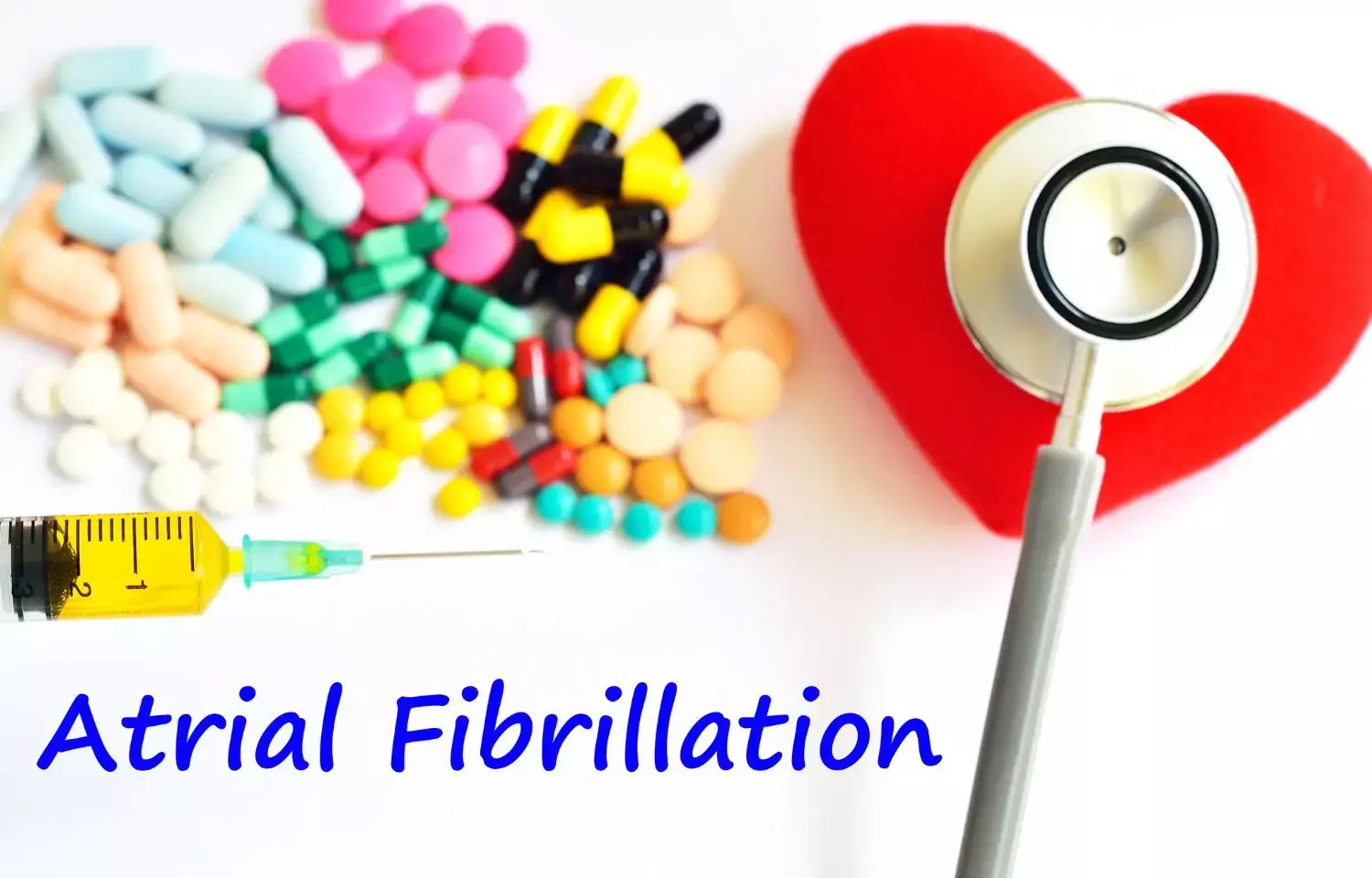- Home
- Medical news & Guidelines
- Anesthesiology
- Cardiology and CTVS
- Critical Care
- Dentistry
- Dermatology
- Diabetes and Endocrinology
- ENT
- Gastroenterology
- Medicine
- Nephrology
- Neurology
- Obstretics-Gynaecology
- Oncology
- Ophthalmology
- Orthopaedics
- Pediatrics-Neonatology
- Psychiatry
- Pulmonology
- Radiology
- Surgery
- Urology
- Laboratory Medicine
- Diet
- Nursing
- Paramedical
- Physiotherapy
- Health news
- Fact Check
- Bone Health Fact Check
- Brain Health Fact Check
- Cancer Related Fact Check
- Child Care Fact Check
- Dental and oral health fact check
- Diabetes and metabolic health fact check
- Diet and Nutrition Fact Check
- Eye and ENT Care Fact Check
- Fitness fact check
- Gut health fact check
- Heart health fact check
- Kidney health fact check
- Medical education fact check
- Men's health fact check
- Respiratory fact check
- Skin and hair care fact check
- Vaccine and Immunization fact check
- Women's health fact check
- AYUSH
- State News
- Andaman and Nicobar Islands
- Andhra Pradesh
- Arunachal Pradesh
- Assam
- Bihar
- Chandigarh
- Chattisgarh
- Dadra and Nagar Haveli
- Daman and Diu
- Delhi
- Goa
- Gujarat
- Haryana
- Himachal Pradesh
- Jammu & Kashmir
- Jharkhand
- Karnataka
- Kerala
- Ladakh
- Lakshadweep
- Madhya Pradesh
- Maharashtra
- Manipur
- Meghalaya
- Mizoram
- Nagaland
- Odisha
- Puducherry
- Punjab
- Rajasthan
- Sikkim
- Tamil Nadu
- Telangana
- Tripura
- Uttar Pradesh
- Uttrakhand
- West Bengal
- Medical Education
- Industry
Apixaban better than rivaroxaban for AF patients with valvular heart disease: study

Although apixaban and rivaroxaban are commonly used in patients with atrial fibrillation (AF) and valvular heart disease (VHD), there is limited evidence comparing the 2 drugs in these patients. Shedding fresh light over this ambiguity, authors Dawwas et la have shown that the use of apixaban over rivaroxaban in patients with atrial fibrillation (AF) and VHD is associated with better clinical outcomes and improved safety.
These results were recently published in the Annals of Internal Medicine journal.
The 2019 guidelines from the AHA, the ACC, and the Heart Rhythm Society recommend a NOAC over warfarin for patients with nonvalvular AF and an elevated CHA2DS2-VASc score but do not give preference to any of the available drugs.
The present observational study included new users of apixaban or rivaroxaban who had a diagnosis of AF and VHD before initiation of anticoagulant therapy. The primary effectiveness outcome was a composite of ischemic stroke or systemic embolism. The primary safety outcome was a composite of gastrointestinal or intracranial bleeding.
Most important findings from this study are:
1. The use of apixaban was associated with a 43% lower risk of ischemic stroke or systemic embolism.
2. Separately, apixaban was associated with a 42% lower risk of ischemic stroke, but the reduction in systemic embolism was not statistically significant.
3. Apixaban was associated with a 49% lower risk of bleeding including a 49% lower risk of gastrointestinal bleeding.
4. There was a trend toward less intracranial hemorrhage, but it was not statistically significant.
5. There was no difference in all-cause mortality between the two DOACs.
"Until evidence from randomized controlled trials becomes available, we believe clinicians should consider our findings when selecting anticoagulants in patients with AF and valvular heart disease," noted Dawwas.
The new data add to a growing body of evidence showing that apixaban may be a safer alternative to rivaroxaban when used in patients with AF. Researchers Abraham et al, investigated the safety profile of various DOACs and found that apixaban was the safest agent when it came to the risk of gastrointestinal bleeding while rivaroxaban had the least favorable safety profile. An observational study from Iceland confirmed those findings, with researchers reporting that gastrointestinal bleeding was nearly 50% more common with rivaroxaban than with apixaban.
Source: Annals of Internal Medicine: https://doi.org/10.7326/M22-0318
MBBS, MD , DM Cardiology
Dr Abhimanyu Uppal completed his M. B. B. S and M. D. in internal medicine from the SMS Medical College in Jaipur. He got selected for D. M. Cardiology course in the prestigious G. B. Pant Institute, New Delhi in 2017. After completing his D. M. Degree he continues to work as Post DM senior resident in G. B. pant hospital. He is actively involved in various research activities of the department and has assisted and performed a multitude of cardiac procedures under the guidance of esteemed faculty of this Institute. He can be contacted at editorial@medicaldialogues.in.
Dr Kamal Kant Kohli-MBBS, DTCD- a chest specialist with more than 30 years of practice and a flair for writing clinical articles, Dr Kamal Kant Kohli joined Medical Dialogues as a Chief Editor of Medical News. Besides writing articles, as an editor, he proofreads and verifies all the medical content published on Medical Dialogues including those coming from journals, studies,medical conferences,guidelines etc. Email: drkohli@medicaldialogues.in. Contact no. 011-43720751


